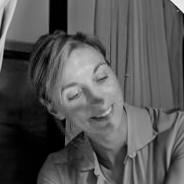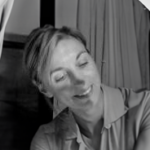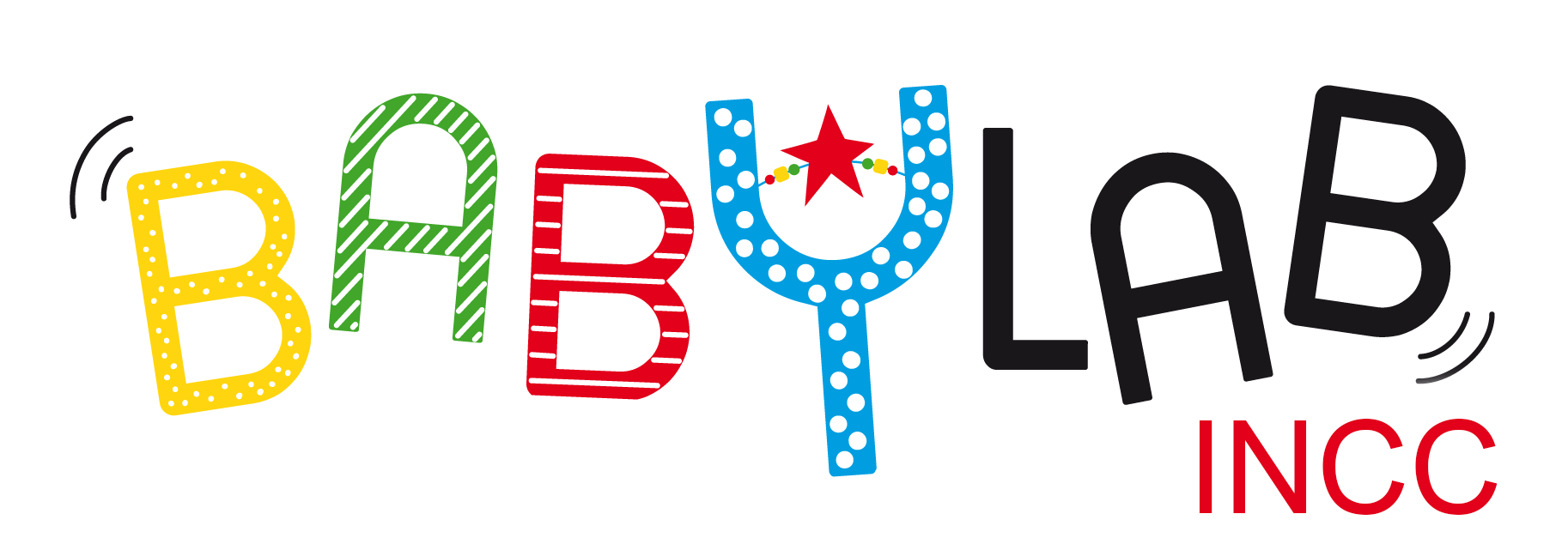Marianne Barbu-Roth
Associate Researcher

Doctor Marianne Barbu-Roth (MBR) is currently affiliated with the Integrative Neuroscience and Cognitive Center (INCC UMR 8002 CNRS-UPC) where she is the leader of the Premalocom Team. MBR has a phD in Neurosciences and is a specialist in the field of early motor and locomotor development in human infants. She has published several papers on the ontogenesis of human locomotion, challenging the idea that humans are born bipeds and neonatal locomotion is just a spinal reflex. In contrast, recent studies by her group reveal that newborns are able to use quadrupedal neurological circuitry to propel themselves and this neonatal crawling is already controlled at a supra spinal level by visual, olfactory and auditory stimuli. Following this line of research, MBR and colleagues designed a new device, a mini skateboard, dubbed the Crawliskate, to stimulate crawling as soon as term age with the goal of improving the sensorimotor development of infants at risk for developmental delays or problems in posture and locomotion.
Relevant link: – Babies – part 1 Crawling
– Podcast in French “le super pouvoir des bébés” épisode 3 & 4
Ongoing projects
Early development of cerebral representations of the body in infants: explorations in neuroimaging and behaviour
The aim of this study is to gain a better understanding of how a baby’s brain perceives and represents different parts of its body in the first few months after birth, using functional magnetic resonance imaging and behavioural assessments.

Project collaborator
Marianne Barbu-Roth
Effect of early training in crawling using a mini skateboard on the locomotor and motor development of very premature cerebral palsy patients
The project consists of evaluating the feasibility and effectiveness of 8 weeks of early stimulation training in quadruped walking on a mini skateboard, the Crawli skate, in 50 very premature babies at high risk of neurodevelopmental disorders and followed longitudinally.

Project collaborator
Marianne Barbu-Roth
Selected Publications
– Marie-Victorine Dumuids-Vernet, Vincent Forma, Joëlle Provasi, David Ian Anderson, Elodie Hinnekens, Evelyne Soyez, Mathilde Strassel, Léa Guéret, Charlotte Hym, Viviane Huet, Lionel Granjon, Lucie Calamy, Gilles Dassieu, Laurence Boujenah, Camille Dollat, Valérie Biran and Marianne Barbu-Roth (2023) Stimulating the motor development of very premature infants: effects of early crawling training on a mini-skateboard. Frontiers in Pediatrics, vol11, DOI 10.3389/fped.2023.1198016
– Marianne Barbu-Roth (2023) La motricité au cœur des troubles du neuro développement de l’enfant. Enfance, vol 4, pp 321-331
– Marianne Barbu-Roth, Evelyne Soyez-Papiernik, et Marie-Victorine Dumuids-Vernet (2023). Stimuler la motricité sur le Crawliskate. Enfance, vol 4, pages 339 à 368
